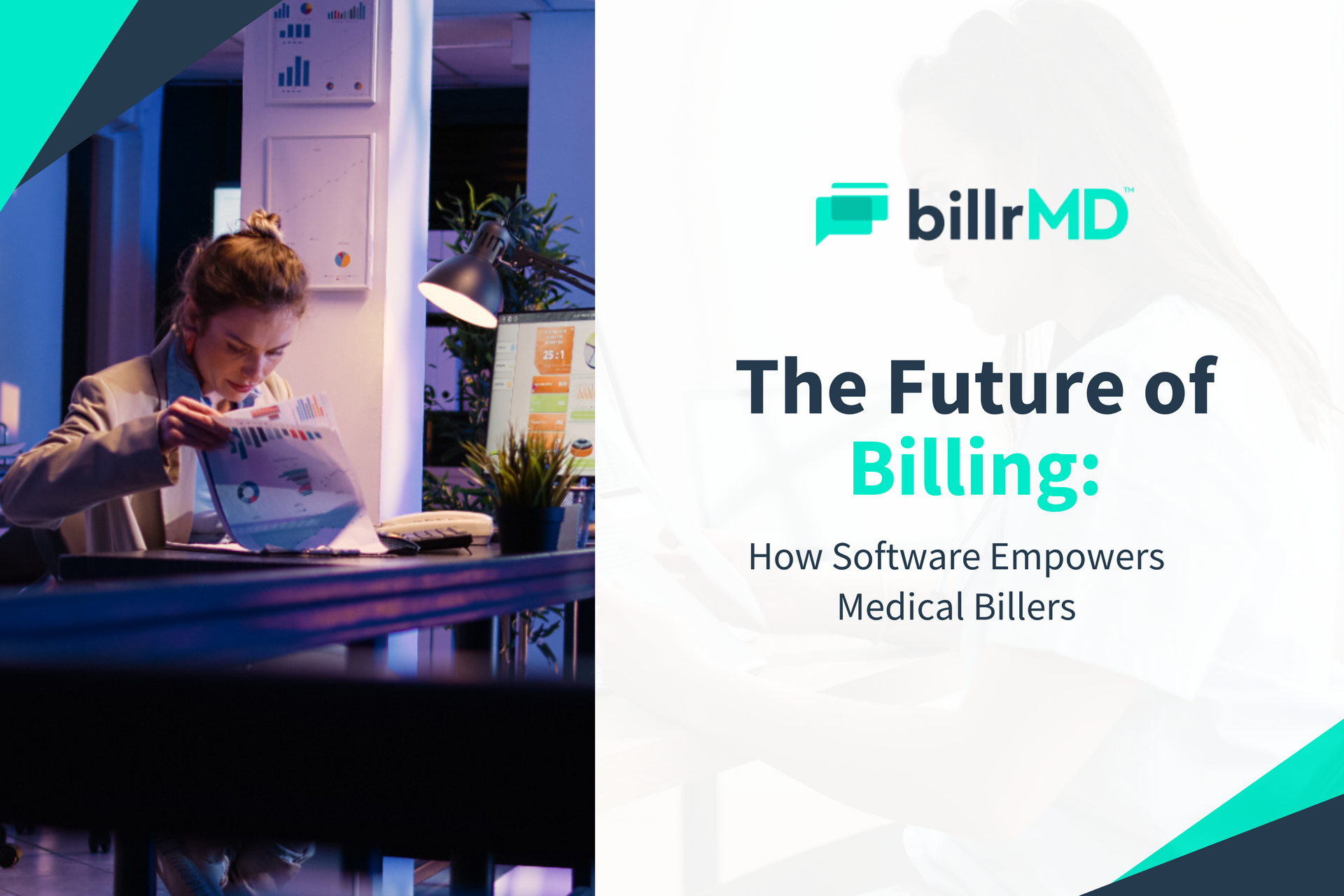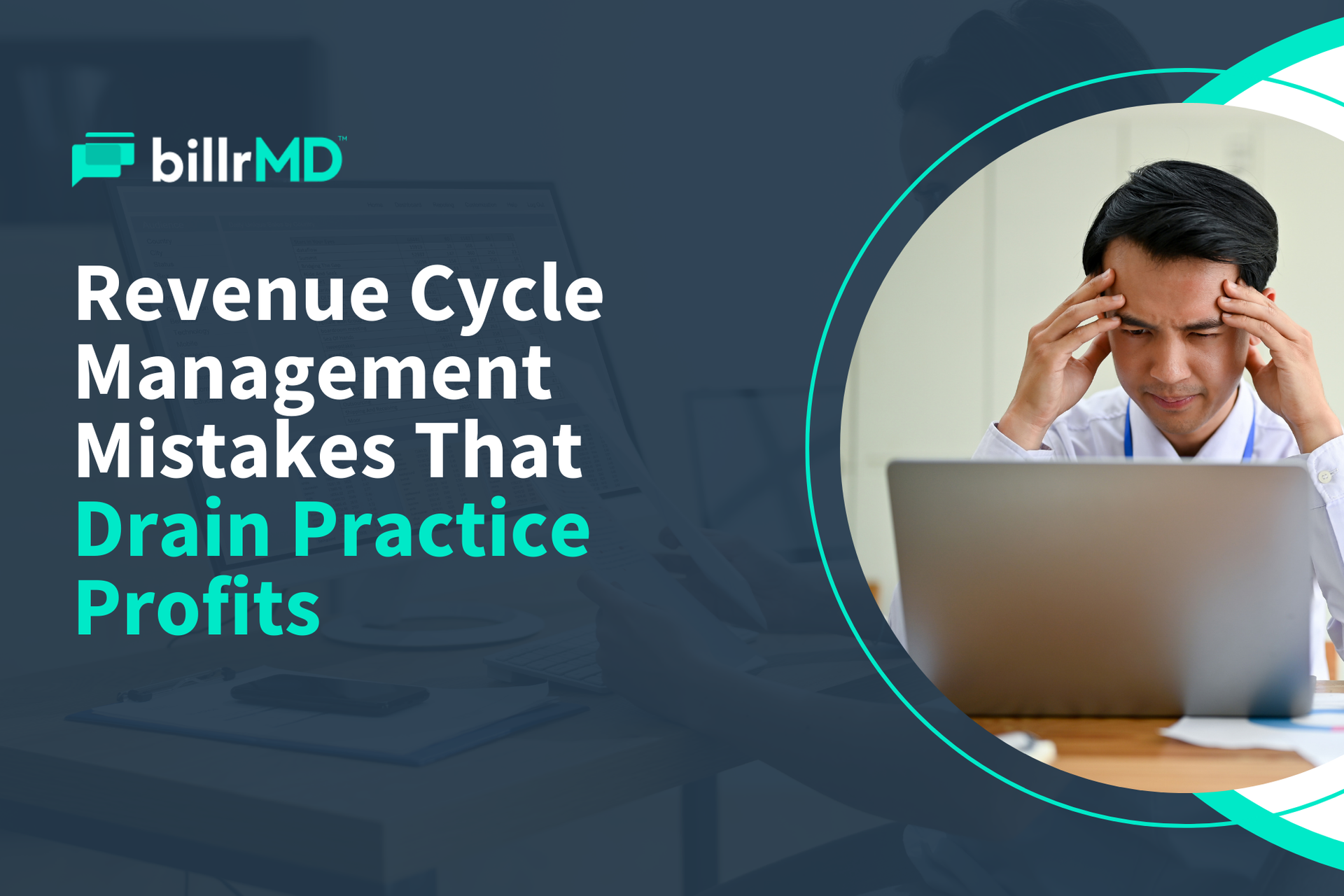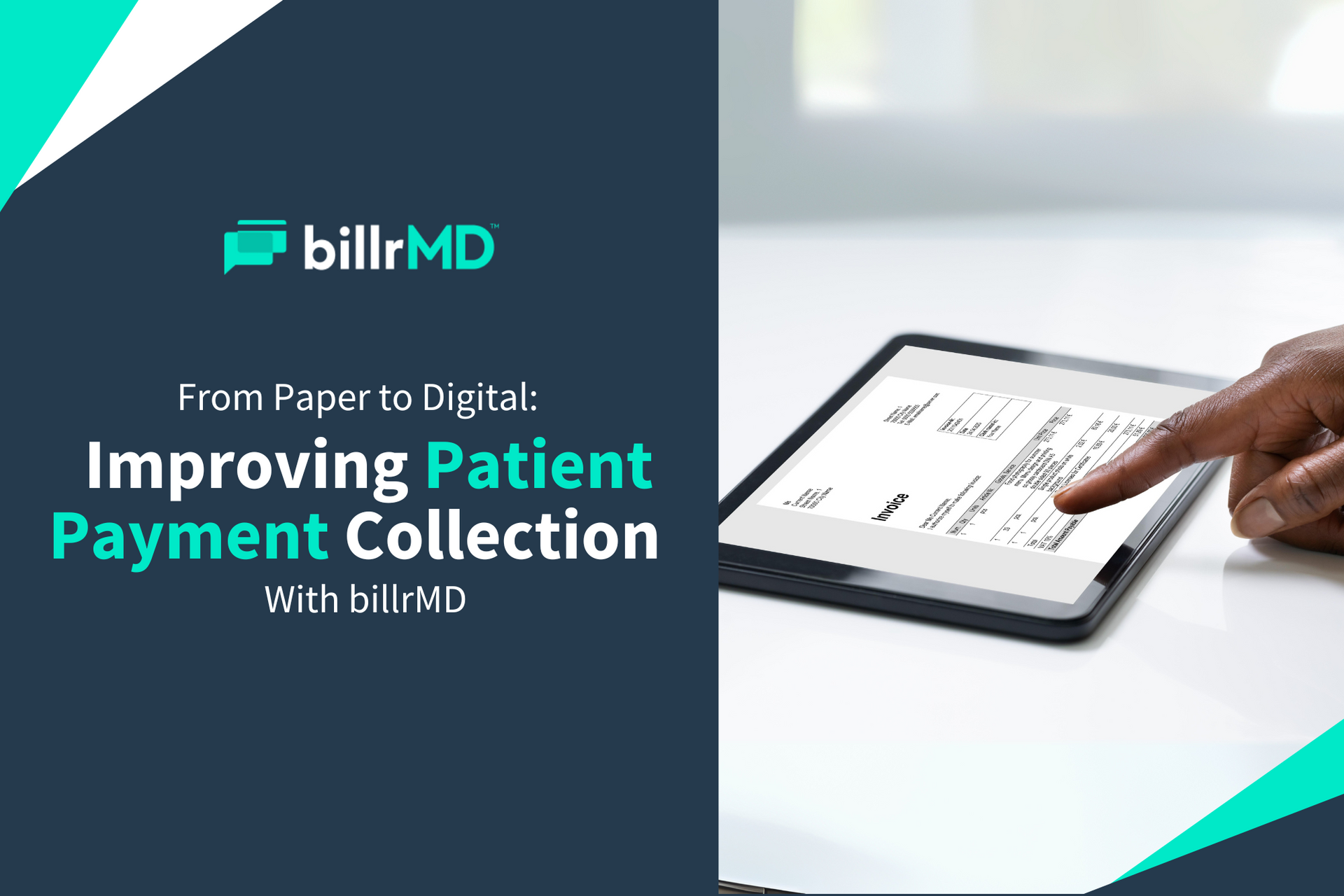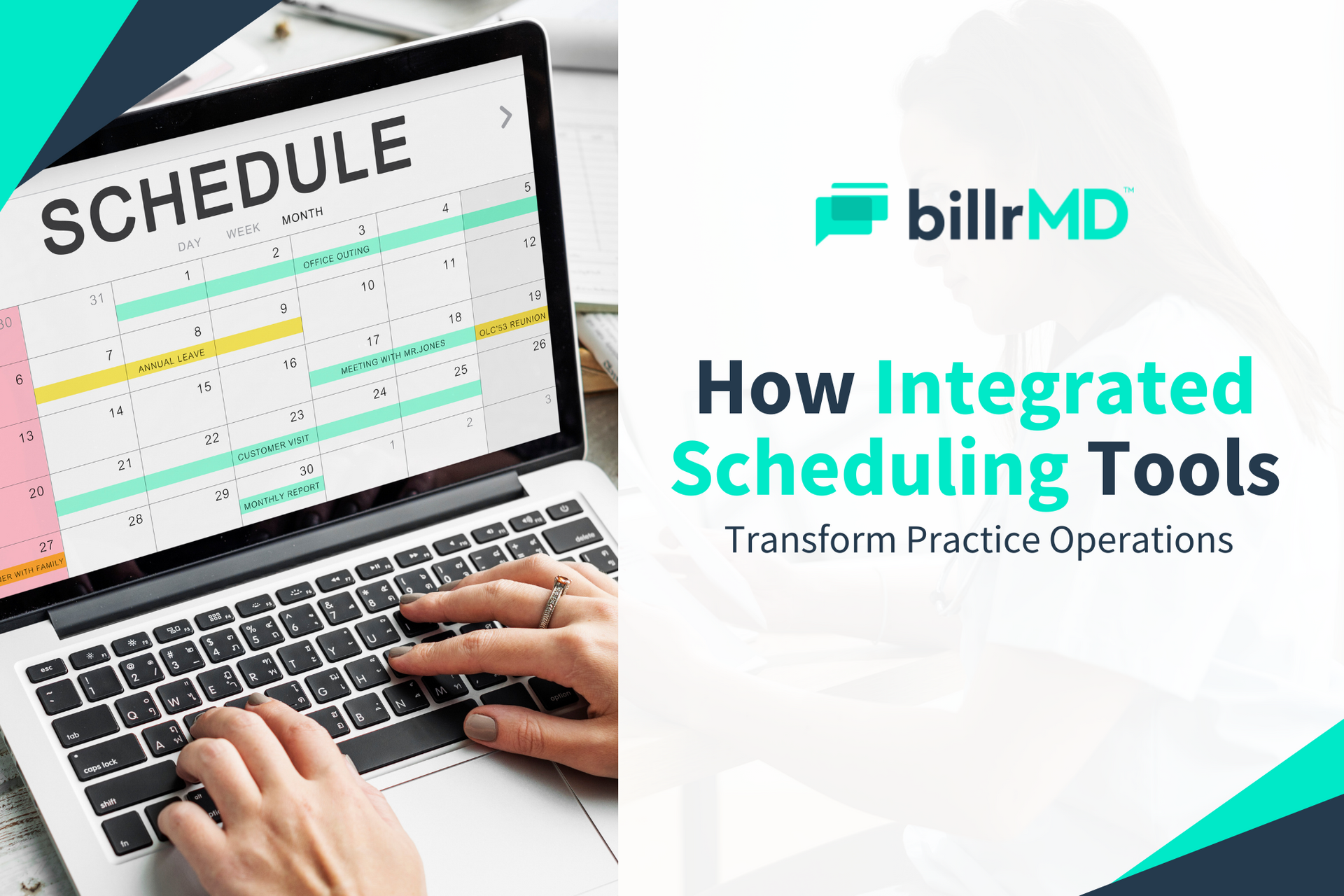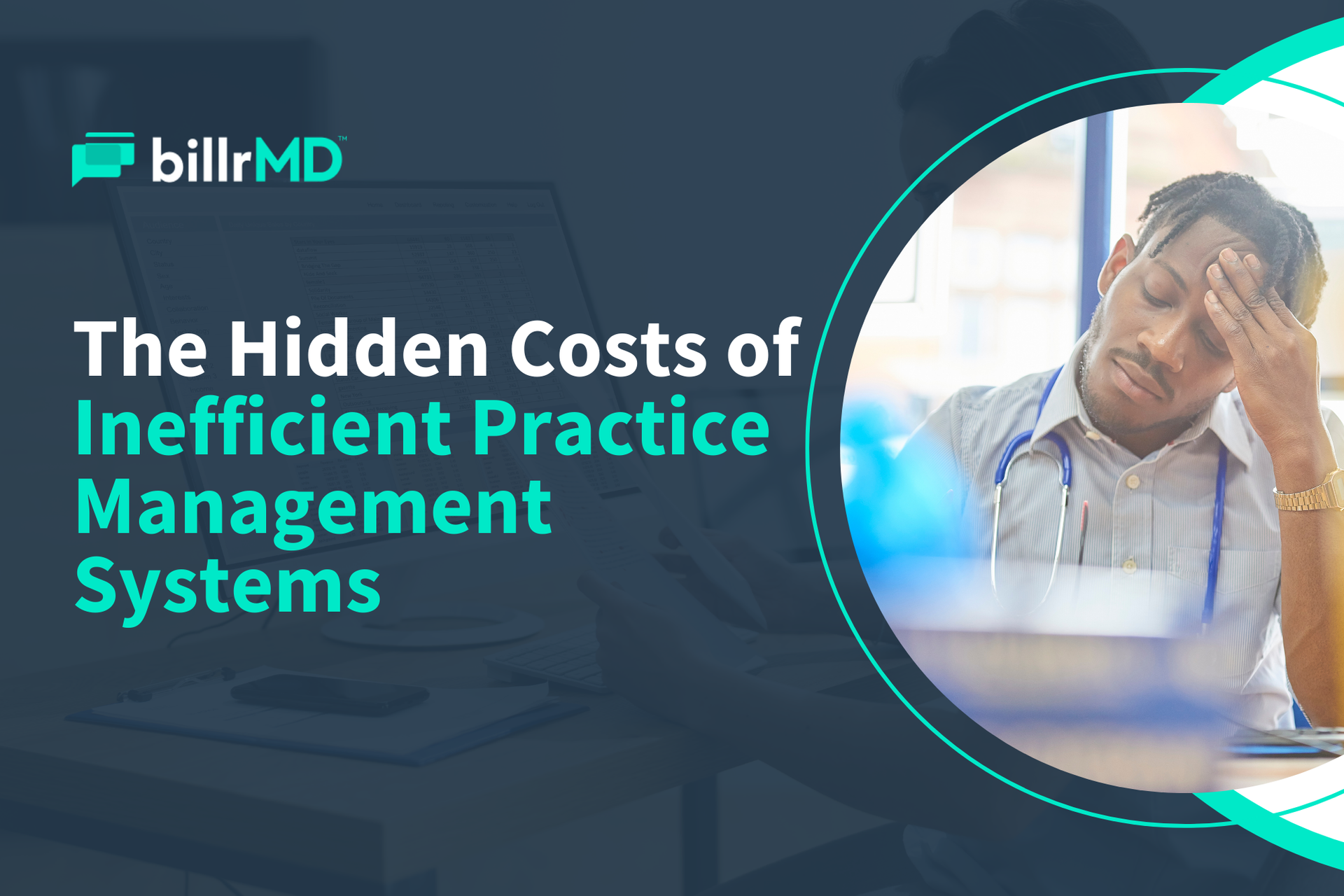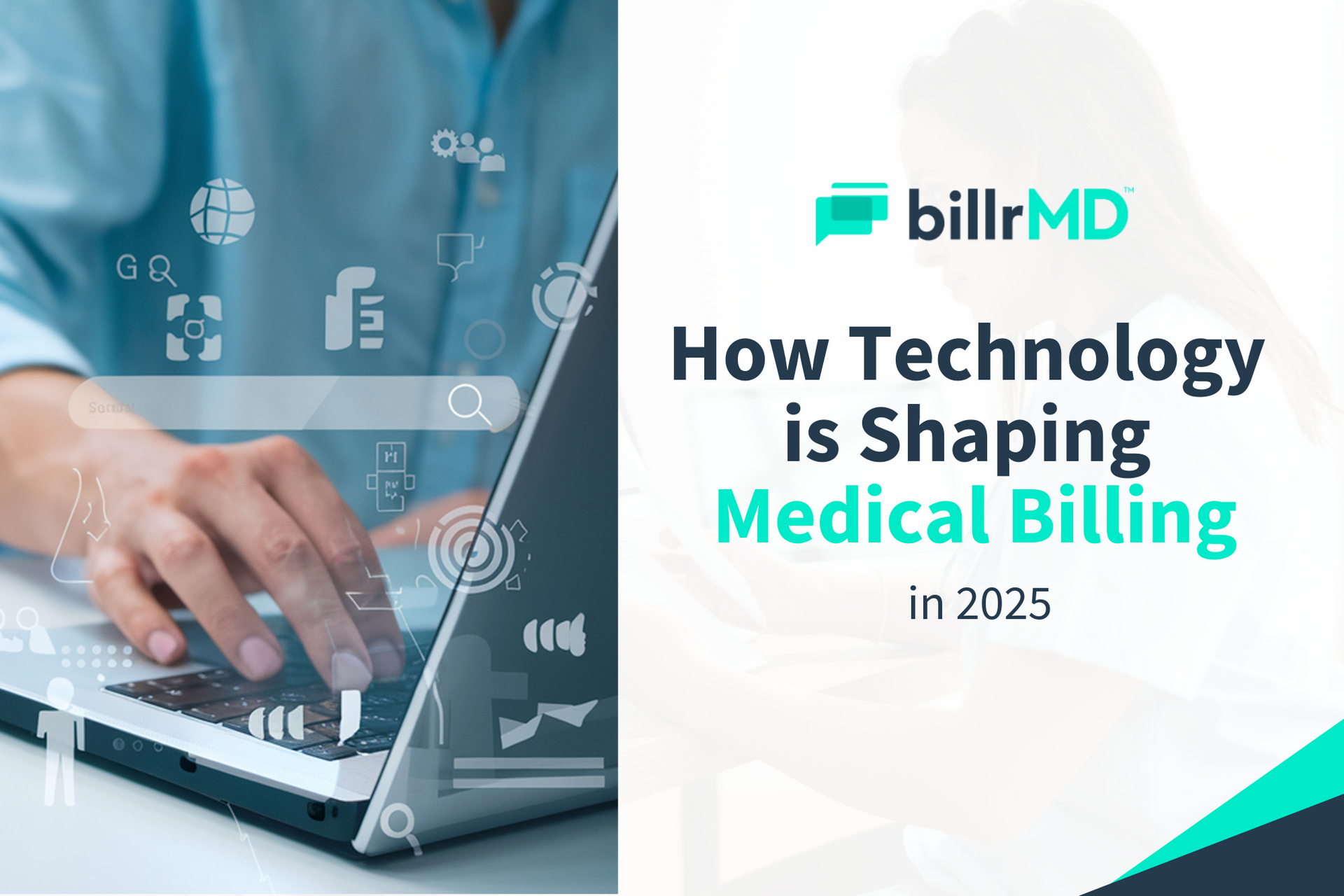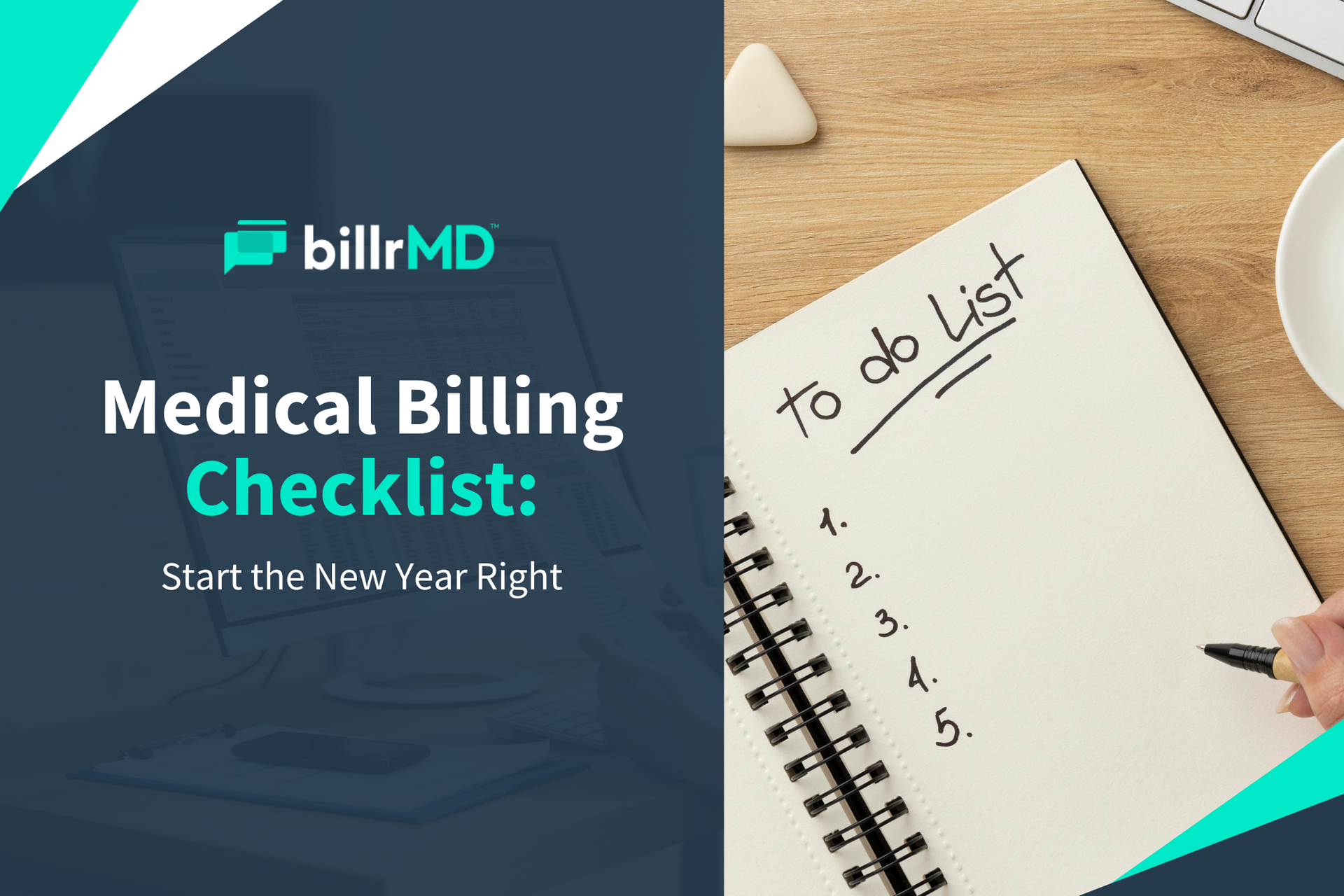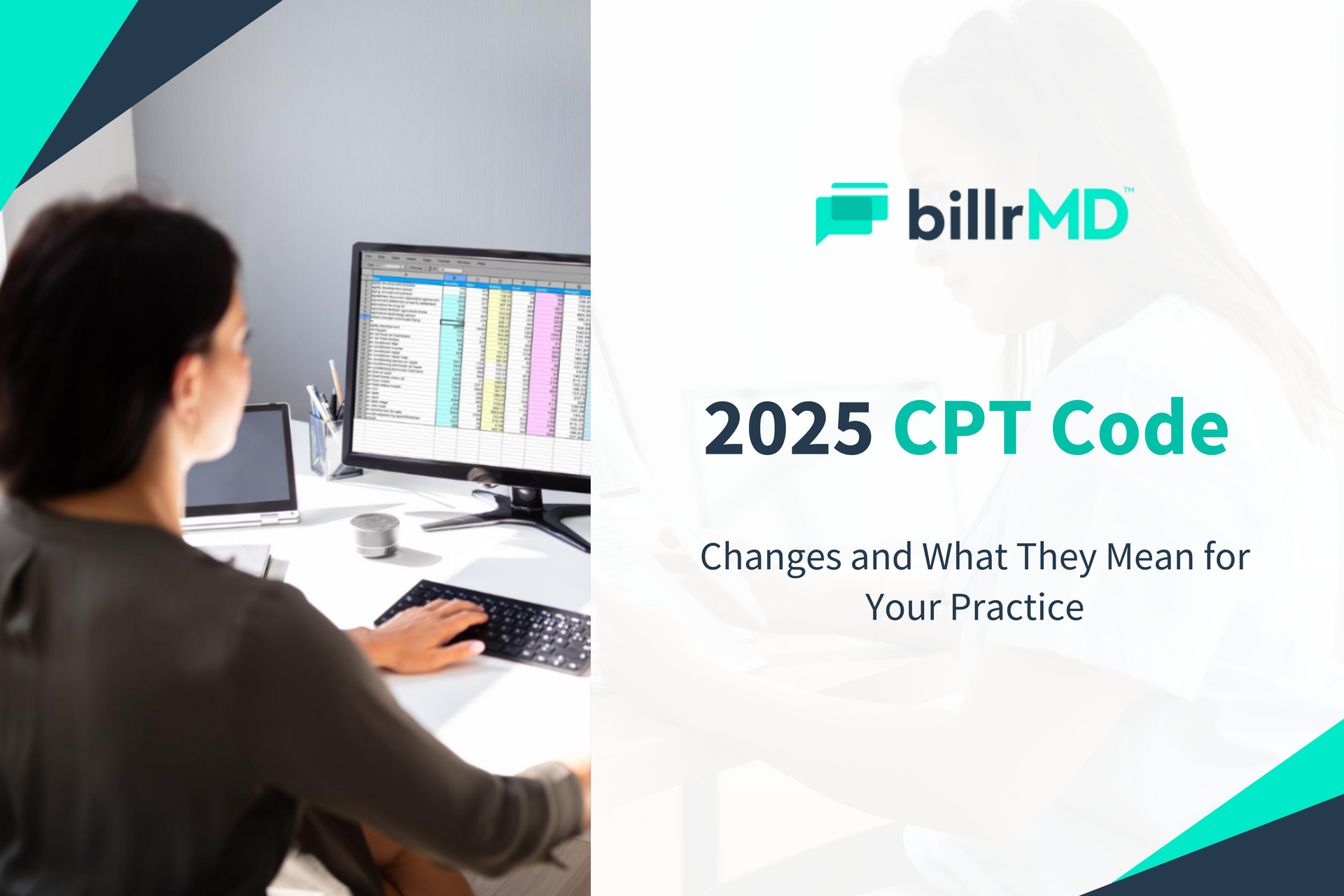Medical Billing for Small Medical Practices: Challenges and Solutions
Does size matter? It does when it comes to patients' care setting preferences.
Due to their personalized care, many patients prefer small independent practices over large health centers. Since most neighborhood clinics have a smaller patient base, it’s easier for providers to connect with their patients, helping build trust and lasting patient-doctor relationships.
Practice size doesn’t just determine patient preference, it can also indicate care outcomes. A Health Affairs
study found physician-owned practices had fewer preventable admissions than hospital-owned ones. Given the exceptional level of personalized care and the strong trust patients place in their physicians at smaller clinics, it’s logical to expect superior outcomes.
Practice size is also a factor when it comes to healthcare costs. For example,
Dr. John Machata, founder of small clinic Wickford Family Medicine in Rhode Island, states that his costs per patient are among the lowest in his state, and his quality metrics rank among the best.
However, despite their notable outcomes and positive patient feedback, small practices still face daily challenges. Administrative and medical billing issues frequently impede their operations, diverting physicians from their primary focus on patient care.
This blog will discuss the emerging challenges and opportunities small practices encounter and what measures they can take to navigate the constantly evolving healthcare landscape.
Medical Billing Issues That Bog Down Small Practices

Practices continue to grapple with challenges that put their financial well-being at risk. Here are the most common medical billing errors that demand attention:
1. Coding Issues
Coding systems are in place to document patient diagnoses and treatments more easily. Medical billing can get daunting with the overwhelming variations in the International Classification of Diseases (ICD) and Current Procedural Terminology (CPT) codes. The complexity of coding systems and patient cases may lead to overcoding or undercoding, resulting in compliance issues or financial loss.
2. Claim Filing
Due to their limited resources and time constraints, small medical practices often need help with efficient claim submissions. These constraints lead to clerical errors and delays in claim filing and follow-ups, significantly impacting their bottom line. Adopting effective medical billing practices is crucial to maintain seamless operations and minimize inaccuracies.
Read More: Make Every Claim Count: How billrMD Reduces Denials in Medical Billing
3. Payment Failure
Failed payments in small medical practices stem from patient factors like being uninsured or facing high out-of-pocket costs, administrative errors, and economic uncertainties. To prevent these setbacks, practices should offer transparent invoicing, timely billing, flexible payment plans, online payment portals, and gentle payment reminders. These strategies enhance payment reliability, empowering patients to manage healthcare expenses while ensuring financial stability for small practices.
How Web-Based Technology Can Help

In today’s tech-driven age, healthcare billing solutions evolve with exciting possibilities. Small medical practices that harness these innovations are on the edge of unparalleled efficiency.
1. Streamline Billing with Automation
Traditional billing for small practices can be labor-intensive and costly. An excellent web-based solution streamlines the entire process by leveraging automation, reducing the need for extensive personnel, and lowering operational expenses.
You minimize errors and eliminate manual data entry by automatically generating claims with patient data and procedure codes. Additionally, you can expedite the billing process through automated claim submissions to insurance companies and mitigate postal delays.
Read More: 5 Key Features to Look For in Insurance Billing Software
2. Accelerate Reimbursement Processes
Everyone runs busy lives, and sometimes, important matters like taking care of medical bills slip through the cracks. A healthcare billing solution with convenient online payment options, a secure payment portal, and electronic invoice delivery reduces delays associated with paper checks. It also ensures billing and tax regulations compliance, minimizing errors and related delays.
3. Track Financial Performance
It’s essential to monitor your practice’s performance. While analyzing extensive data may seem intimidating, a web-based application with customizable reports covering all the aspects of your billing process will give you a clear picture of your practice’s status and spot areas requiring immediate attention.
Read More: 5 Benefits of Customizable Reporting to Medical Billing Companies
The Future Looks Bright for Healthcare Billing Solutions

Take care of billing issues before they arise and stay ahead of the curve with billrMD. Our web-based solution offers quick implementation and user-friendly interfaces. It's your path to improved medical billing efficiency, cost-effectiveness, and scalability.
Your practice's prosperity is just a few clicks away. Take advantage of the best digital billing solution available. Try billrMD today and experience the future of healthcare billing for yourself.

